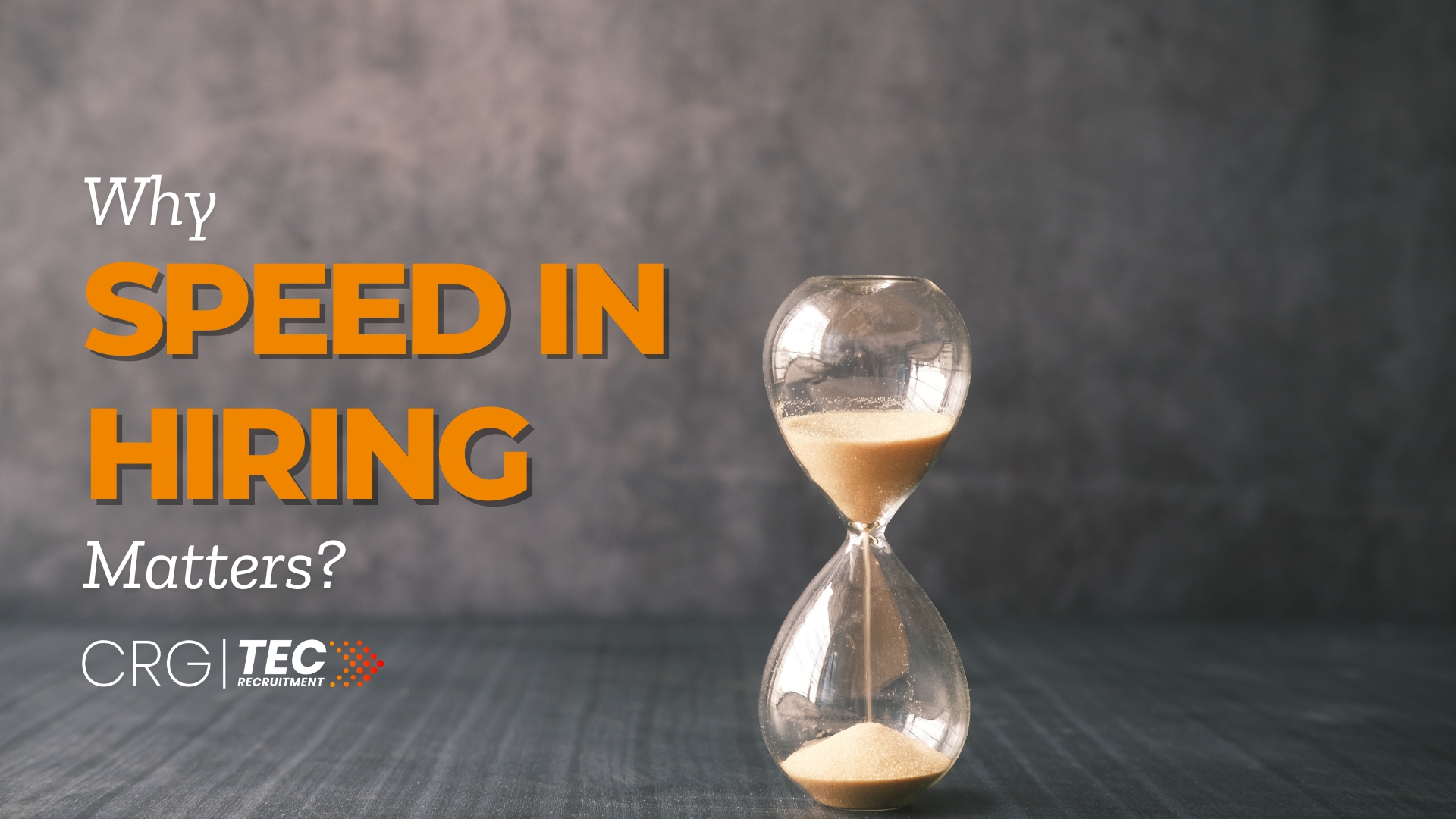Currently Empty: $0


The True Cost of Delays in Hiring Processes: How Slow Decision-Making Costs You Great Candidates
In the fast-paced world of recruitment, time is of the essence. Companies looking to secure top-tier talent often overlook the hidden costs of slow hiring decisions. When your recruitment process is delayed, you not only risk losing excellent candidates, but you also lose the opportunity to strengthen your team with the best available talent.
Let’s take a deeper look at why speed matters and how slow decision-making can harm your recruitment strategy.
The Speed of the Modern Job Market
The global job market has shifted. Today’s top candidates don’t stick around for long. According to recent studies, high-quality candidates are often off the market within 10 days of receiving an offer, and many are actively engaging with multiple companies at once. In fact, 60% of candidates drop out of a hiring process if it takes too long.
A slow hiring process (one that stretches over 3 to 6 weeks) can give a competitor the upper hand. While your team is still reviewing CVs or scheduling interviews, a candidate might have already accepted an offer elsewhere. And when top talent slips through the cracks, it can take weeks, if not months, to find a suitable replacement.
The Hidden Costs of Delays
- Candidate Drop-Off As mentioned, prolonged hiring timelines often lead to candidate withdrawal. But it’s not just about the individuals who leave, but the impact is felt throughout the organisation. Each drop-off costs valuable time and resources, often leaving hiring managers scrambling to find someone equally qualified. This could delay projects, impact team morale, and even affect the company’s overall performance.
- Reputation Damage Top candidates are not only considering your compensation packages, they’re evaluating the entire hiring experience. A slow process, a lack of communication, or no feedback at all can leave candidates with a negative impression of your company. Even if they don’t drop out, they may share their frustrations, which can hurt your brand reputation and future recruitment efforts.
- Increased Recruitment Costs Longer hiring timelines require more resources to manage the process, from HR teams to interview panels. The longer the process drags on, the higher the cost. Additionally, the longer it takes to fill a position, the more you’ll spend on temporary workers or additional outsourcing.
How To Speed Up Without Sacrificing Quality
It’s clear that speed matters. However, that doesn’t mean rushing the process or sacrificing quality for the sake of filling a position. There are a few key strategies that companies can implement to streamline their hiring process without compromising on the caliber of candidates:
- Define a Clear Hiring Process. A well-structured, transparent process ensures that everyone involved in the recruitment journey is aligned. From the initial interview to the final decision, a clear process can significantly reduce bottlenecks and delays.
- Work with a Trusted Recruitment Agency. One of the most effective ways to speed up hiring without compromising quality is to partner with a reputable recruitment agency. Agencies specialise in sourcing top-tier candidates quickly and have access to a broader talent pool. They can pre-screen candidates, ensuring that you only spend time interviewing individuals who meet your criteria, which saves you valuable time.
- Stay In Communication with Candidates. Keeping candidates informed throughout the process is crucial. Let them know where they stand at every stage. A simple update or feedback can go a long way in maintaining their interest and engagement. If you’re working with a recruiter, always share your thoughts on candidates promptly. This ensures they can adjust their approach or convey your feedback to candidates without delay.
- Shorten Time-to-Interview. The faster you move to interview the candidates, the less likely they are to be scooped up by another company. Try to schedule interviews within 48–72 hours of receiving a CV, and avoid unnecessary delays between interviews and offers.
- Have a Fast but Thorough Decision-Making Process. Once interviews are complete, make decisions quickly. Prolonged deliberations are a red flag to candidates, especially those who are already in the final stages with other employers. A prompt offer signals that your company values talent and efficiency. If you’re working with a recruiter, don’t hesitate to ask for their help in making faster decisions; they can offer insights and guidance to ensure you’re making the right choice without unnecessary delays.
Final Thoughts
A slow hiring process is not just an inconvenience, it’s a competitive disadvantage. Candidates know their worth and won’t wait around for weeks to find out if they’re the right fit for your team. In today’s fast-moving talent landscape, companies need to move swiftly, communicate clearly, and make decisions confidently. The faster you act, the less likely you are to miss out on top talent, and in today’s market, that’s the difference between securing a great hire and watching them slip through your fingers.
If you need help streamlining your hiring process or securing top talent quickly, we’re here to help. Message us or contact us to learn how we can support your recruitment efforts.
